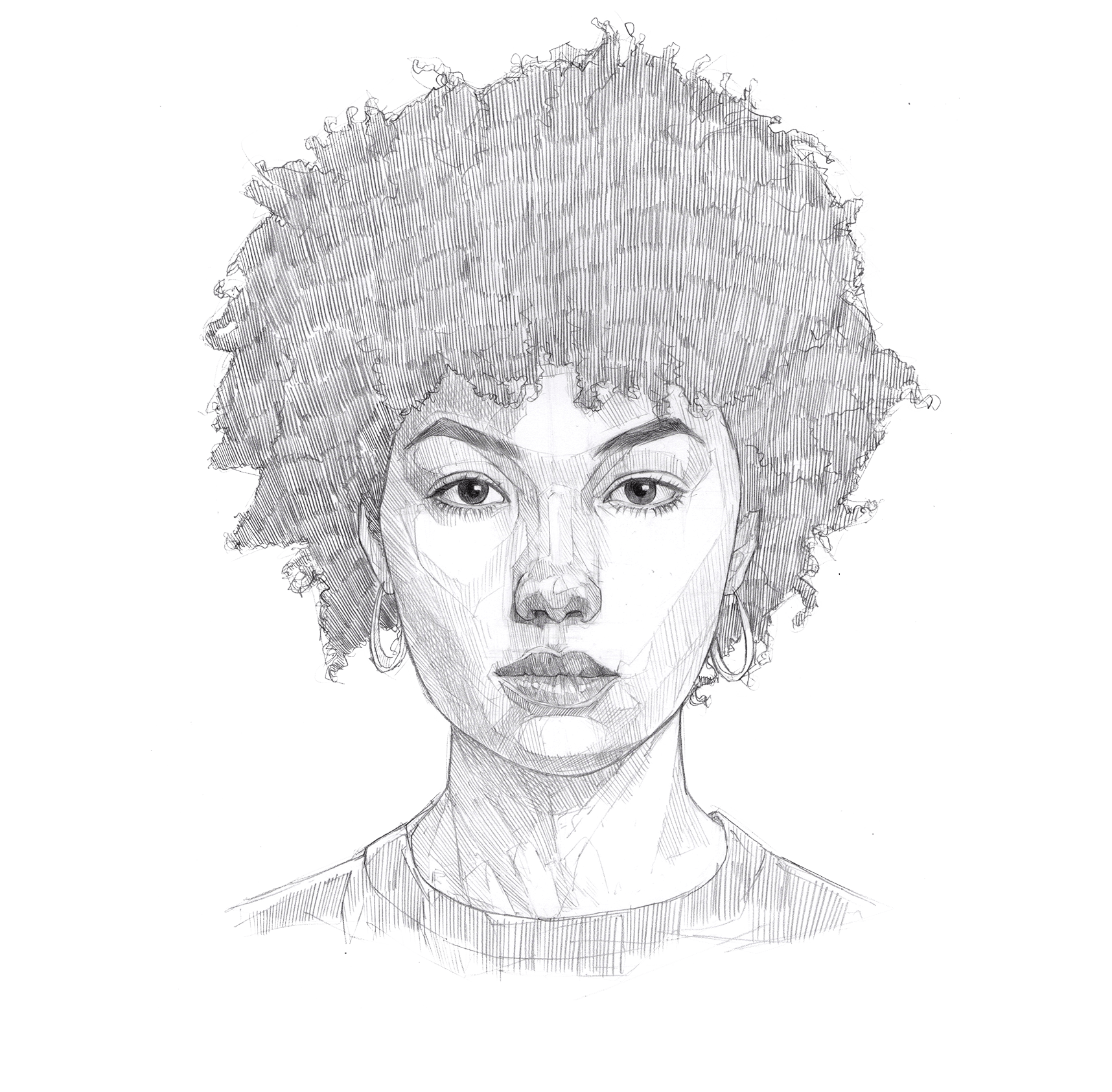White people are used to counselling – we are not
Participant 2: "Counselling" is such a formal word. Like, white people are used to counselling- we are not. We don't have counsellors. So the way we talk about it is when we are at school, maybe with our friends? Not even at school, because it's hard to say it around your friends- then you feel like they are not going to accept you.
Participant 1: They know your story. In Africa, it isn't that they are not going to accept it; it's that they now know your business.
Participant 2: Yeah, and they are going to keep telling everyone. So that's what we don't want. We don't want everybody else to know, especially people from our country, because there are so few here. [...] Could it be something anonymous? Or, in writing? Like, creating a website or anything that protects confidentiality.
Recommendations
-
Create an inter-university and college roster of peer supporters and educators that includes international and domestic student leaders across genders.
-
Sign on with a service such as KeepMe.Safe, which connects students with mental health professionals from cultures around the world and promote this service as part of university SV/SA service provision.
-
Consider how a student's identities might affect their expectations and concerns when accessing supports following a sexual assault, or when involved in a sexual assault investigation.
-
Use an app or other tool that allows students to anonymously ask questions about sexual violence and university policies against sexual violence.
-
In the policy itself and in materials and presentations promoting the policy, define "confidential" and "anonymous," and explain how these concepts pertain to the policy, university-based sexual assault services, and the limits on confidentiality and anonymity.

